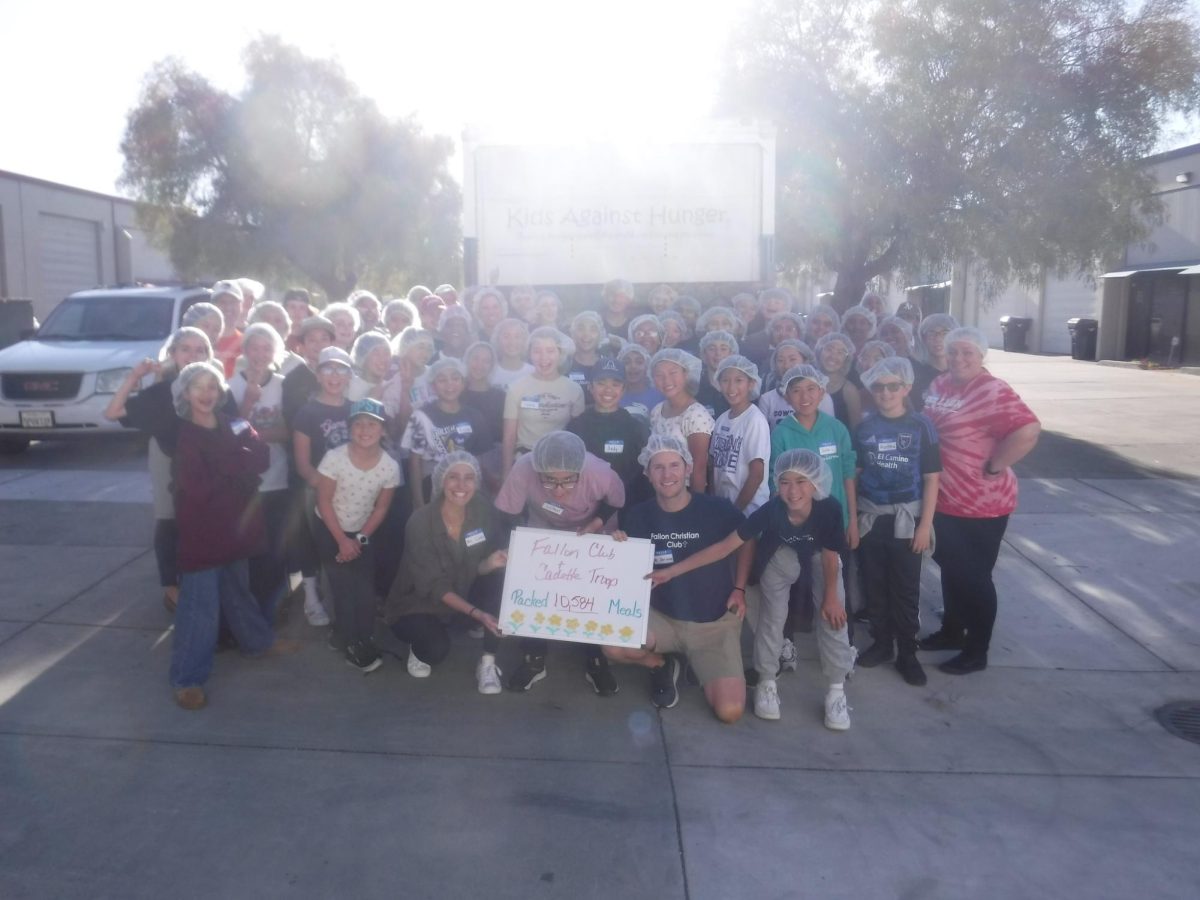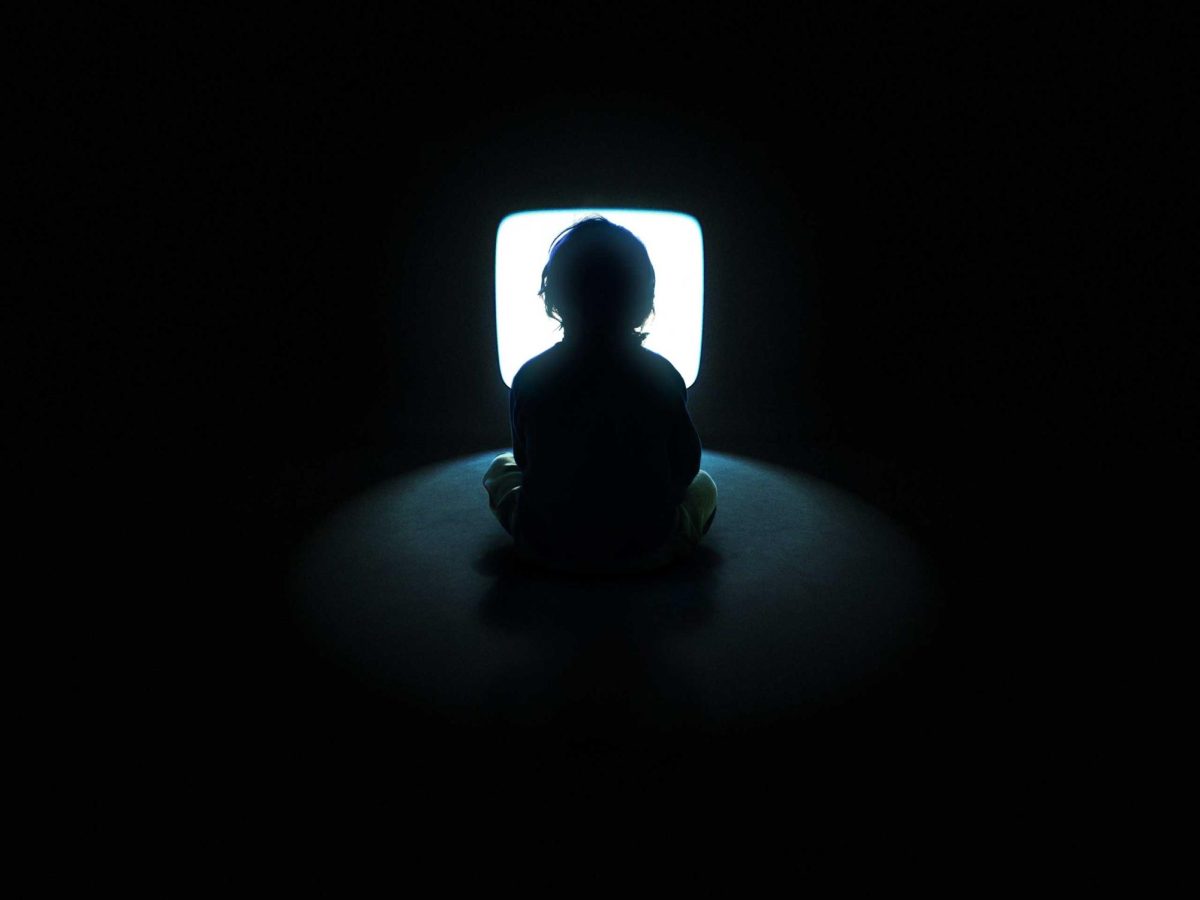Have you ever had a volleyball game right after school? What about extra math practice? Are you celebrating something important with your family or friends? You probably realize you forgot to do something after you finish your celebration or even hard work. It was likely necessary, but you can’t recall what you were supposed to do. Then, dread settles in your mind because you realize you forgot to do your homework.
Students often hate homework because of the amount of time, effort, and brainpower it requires- after a long seven-hour day at school. Teachers argue that homework helps students retain information and shows how much of the lesson has been learned and internalized, but is homework genuinely effective?
Denise Pope, a senior lecturer at Stanford University, found homework was ineffective after too long. In the study, 4,317 students were sampled from ten different high schools in upper-middle-class communities. The study showed that an average of three hours of homework caused more significant stress, health issues, and less time for family, friends, and extracurriculars. “The findings address how current homework practices in privileged, high-performing high schools sustain students’ advantage in competitive climates yet hinder learning, full engagement, and well-being,” Pope wrote. Is having an advantage in competitive environments worth your well-being?
Another factor contributing to students’ stress at Fallon is the time allowed for the amount of homework they receive. Dublin Unified School District’s homework policy states, “Due dates for projects may not fall on the day after a holiday.” The homework policy also states, “A student’s total homework should not exceed that of any other school day.” Although the “regular” amount of homework can fluctuate, and one can argue about the imprecise parts of the policies, one thing is crystal clear: The district wants all students to have enough time to do homework.
The amount of homework is the main factor contributing to stress, but there are multiple other reasons. One of these reasons is the extracurriculars that students participate in. These range from sports to languages to music and so much more! Doing some activities is okay because they reset your mind and refresh you before the next day. However, one thing is common throughout these many different activities: They’re time-consuming. If homework takes a lot of time, it means anything students may have going on after school can replace the time that can be used for homework. Students not only need to balance academics, but they also need to find time for these activities, themselves, a social life, and a home life.
Sixth grader Keanu Celebi says, “I have a lot of classes per day. Sometimes it overwhelms me and I have to finish it that day, or else I’m gonna have to wake up early and try to finish it.” Many students can relate to Keanu, as they have many extracurricular activities after school, and it is difficult for them to finish schoolwork at night. Not completing homework in the evening results in students waking up early and cutting into their necessary sleep to finish their homework.
Opposingly, 7th grader Lucas Mo thinks homework is beneficial and says, “It can help you practice for a test… and helps you practice the work you’re learning in class. And you know, it’s mandatory, so you don’t have to procrastinate.”
Even though our main focus is on students, when asked what effects homework had on students, Ms. Elissiry, a 7th-grade CORE teacher, observed, “I think when students get too much homework, they get stress and anxiety, which can lead to rushed work… ” She said, “I cut back on homework from the first to second semester…” Ms. Elissiry changed the amount of homework after taking suggestions from her students, who said they needed less homework due to the pressure they received.
Sleep is also an essential part of students’ lives. It is critical to get 8-10 hours of sleep per night, especially for teens, and many students stay up late at night trying to finish homework, which cuts into the sleep time they need for their developing bodies. Staying up not only results in sleep deprivation in school the next day but also causes burnout. Burnout is a state of mental and physical fatigue. If you have burnout, you often don’t want to do things that generally make you happy. Burnout can also increase levels of stress, anxiety, depression, anger, and negative thoughts, as well as loss of sleep, motivation, and energy.
In a survey of over 45 Fallon students, 58.7% said they were experiencing exhaustion, lack of motivation, and apathy due to their work after school. Another 8.8% said they felt burnt out infrequently. Burnout is a critical topic because once students start to feel it, they stop trying in school and feel helpless.
Although homework has downsides, as most students agree, there are a few benefits as well. Joseph Lathan, Ph.D., Professor of Practice and Director of Online Programs in the Department of Learning and Teaching at the University of San Diego, writes in his article titled “Is Homework Necessary? Education Inequity and Its Impact on Students”, “Homework helps reinforce classroom learning… helps students develop good study habits and life skills… [and] allows parents to be involved in their child’s learning,” However, he also writes that too much homework can make these effects disappear.
Students at Fallon are very well-rounded and work hard every single day. Homework can help students prepare for tests, retain knowledge, and allow them to adopt good study habits. Furthermore, it assists students in gaining experience in future jobs and education. However, homework also stresses students’ lives and can impact them in a way schools didn’t intend. When students find a balance between their school life and personal life, they can successfully finish the day stress-free and on time.
Sources:
https://news.stanford.edu/2014/03/10/too-much-homework-031014/#:~:text=A%20Stanford%20researcher%20found%20that,counterproductive%2C%20according%20to%20the%20study.
https://www.dublin.k12.ca.us/pdf/6154_AR_Homework_and_Make-Up_Work.pdf
https://www.oxfordlearning.com/the-pros-and-cons-of-homework/
https://onlinedegrees.sandiego.edu/education-inequity-and-homework/





























